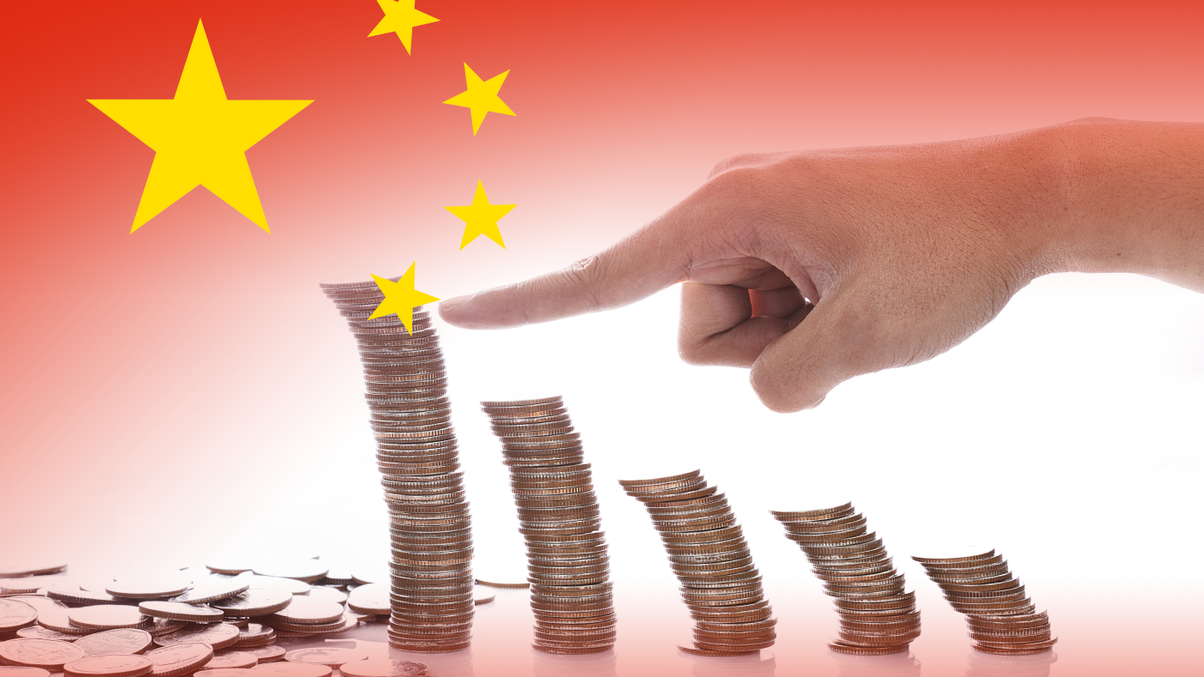Year of the Dog: Will China's debts hurt GDP growth?
AsianInvestor considers whether China could be in for some economic problems, as Beijing seeks to tamp down on the country's fast-escalating debt burden.

For the past decade the rapid escalation of debt in China has led to fears that the country could be causing immense problems for itself. The country's regional governments and banks and shadow bank sector have all seen debt levels increase, in part to support an ongoing rate of economic growth that nearly hit 7% last year.
Sign In to Your Account
Access Exclusive AsianInvestor Content!
Please sign in to your subscription to unlock full access to our premium AI resources.
Free Registration & 7-Day Trial
Register now to enjoy a 7-day free trial—no registration fees required. Click the link to get started.
Note: This free trial is a one-time offer.
¬ Haymarket Media Limited. All rights reserved.


